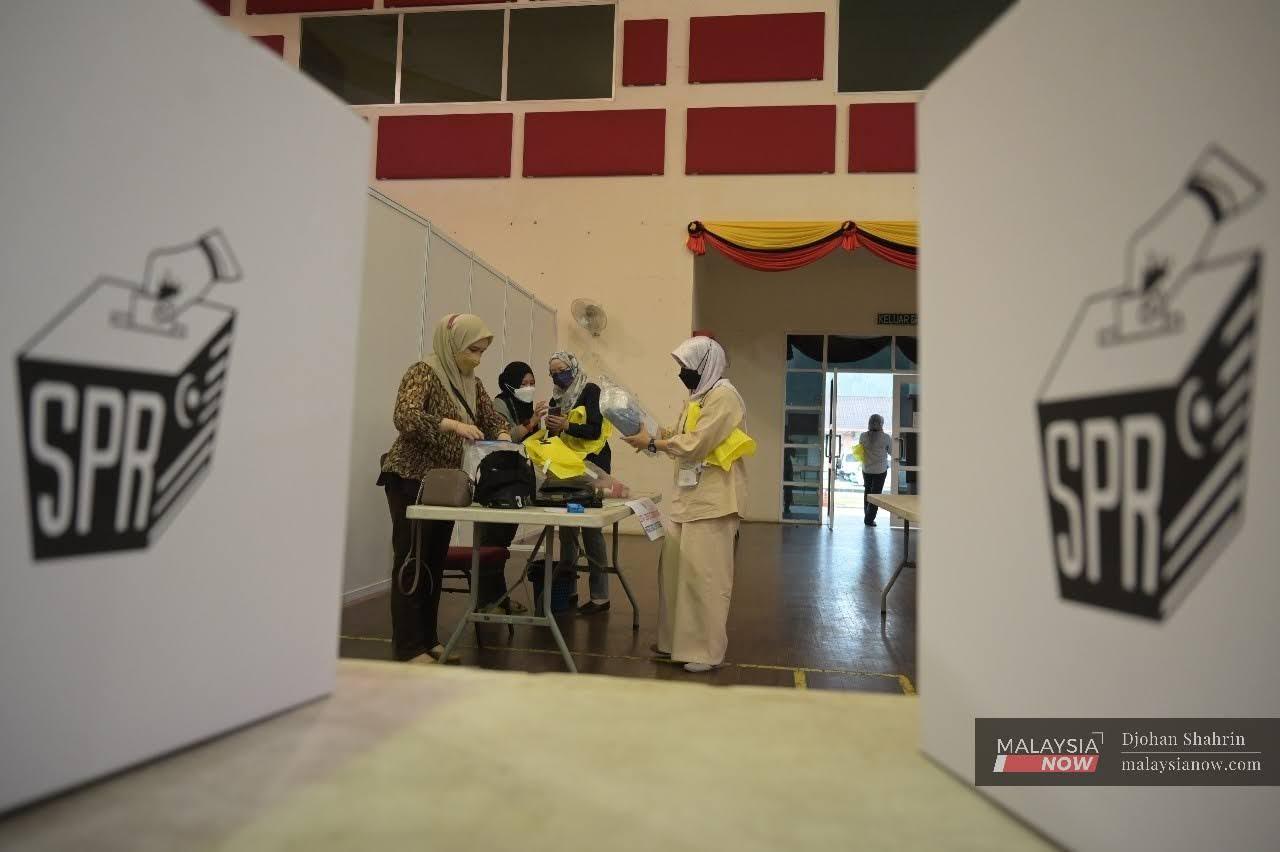State elections streak could deter foreign investors, economists say
Apart from signalling political instability, state elections also come with a hefty price tag, they say.
Just In
Analysts warn that the move by Umno’s court cluster to trigger a series of state elections such as the Johor polls ahead of the 15th general election (GE15) will push foreign investors further away, resulting in a negative effect on Malaysia’s economic growth.
They said the situation would signal political instability and could increase the outflow of foreign funds as investors turn away in search of new destinations for their money.
Economist Ahmed Razman Abdul Latiff said political instability is often the conclusion when governments change with such frequency.
He said this would be followed by changes in administrative policies and the implementation of initiatives and plans at the state level for years to come.
“It’s a given that any elected government will try and bring its own legacies to the fore,” he said to MalaysiaNow.
“The concern here is when a change in government occurs, as everything returns to square one.”
The court cluster refers to a group of Umno leaders facing criminal charges, led by their president Ahmad Zahid Hamidi and former prime minister Najib Razak.
Razman, an economist at the Putra Business School, said it would be less of a problem if the new government commits to continuing the existing policies with only minor changes.
“If there is no continuity, it could affect investor confidence as well as that of businesses and the people themselves,” he said.
Last year alone, he added, the Bursa Malaysia index declined 3.3% amid an outflow of funds from foreign investors who sold their equities, resulting in Bursa holding less than 15%.
Malaysia has witnessed three state elections since 2020, beginning with the Sabah polls in July of that year.
The election in Sabah saw Perikatan Nasional taking over the state administration after toppling Warisan which had worked together with Pakatan Harapan.
Melaka was the next to hold an election, going to the polls in November 2021 after four of its assemblymen withdrew their support for Chief Minister Sulaiman Md Ali of Barisan Nasional.
A month later, Sarawak held an election as well due to the expiration of the incumbent term.
The Johor election is slated to be held on March 12, with candidates contesting 56 seats in the state assembly.
GE15 meanwhile is widely expected to be held this year.
Economist Yeah Kim Leng said when state elections are held with such frequency, the country’s fiscal position is affected as every election costs hundreds of thousands of ringgit.
He said it also shifts the focus from current problems such as the spread of Covid-19.
“We are nearly at the end of the GE14 mandate, so the state election this time should be held alongside GE15 in order to cut down on costs,” Yeah, who is attached to Sunway University, told MalaysiaNow.
“This would also provide a clearer picture of the country’s political situation. After the Johor polls, the general election will be held, and the political game will continue – this is a negative signal of the country’s political situation in the eyes of investors.”
Yeah said investors might also postpone their decisions on whether to invest, choosing instead to adopt a wait-and-see approach to evaluate the results of the election.
“Projects which contribute to the government’s funds will also stop, and this could cause the cost of construction to rise in time to come,” he said.
Economist Madeline Berma however said holding elections could also result in positive sentiments among investors.
Madeline, a fellow at the Academy of Sciences Malaysia, said elections prove that a country still holds to democratic practices where the power to choose the next government lies with the people.
She said any impact on investor confidence would likely be on a much smaller scale than that caused by a general election.
“State elections are only at the state level,” she told MalaysiaNow. “So any decision about investments or a change in sentiment would be limited to the state in question.
“Normally, investors will only wait to learn of any decisions related to new policies before making their next move.”
Subscribe to our newsletter
To be updated with all the latest news and analyses daily.
